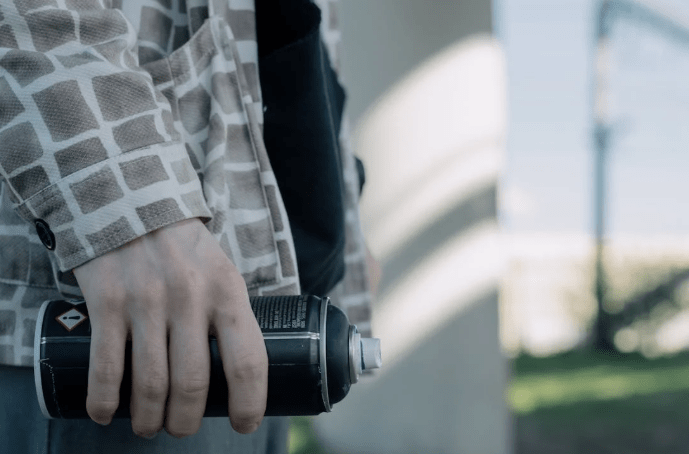Authorities Warn Parents: “Dusting” Poses Deadly Risk to Teens

Law enforcement and health officials are urging parents to be aware of a dangerous and often misunderstood trend among adolescents known as “dusting.” This practice involves inhaling common household products, such as aerosol air dusters, paint, glue, or cleaning supplies, to achieve a brief, intoxicating high. While seemingly innocuous due to the accessibility of these items, the consequences of “dusting” can be immediate, severe, and even fatal.
Unlike illicit drugs, inhalants are readily available in many homes, making them appear deceptively harmless to curious or vulnerable teens. However, the chemicals found in these products are toxic and can cause significant damage to the brain, heart, kidneys, and liver. The rapid chemical rush deprives the brain of oxygen, leading to dizziness, euphoria, and disorientation.
The most terrifying risk associated with dusting is “Sudden Sniffing Death Syndrome,” where even a single instance of inhalant abuse can trigger a fatal heart arrhythmia. This can occur without warning, even in a seemingly healthy individual. Long-term abuse can lead to irreversible neurological damage, impairing cognitive function, coordination, and memory.
Parents should be vigilant for several warning signs that may indicate inhalant abuse:
- Physical Indicators: Chemical odors on breath or clothing, paint or stains on the body or clothing, red or runny eyes, nosebleeds, sores around the mouth, nausea, loss of appetite.
- Behavioral Changes: Changes in mood (irritability, anxiety, depression), disorientation, sudden decline in academic performance, secretive behavior, loss of interest in hobbies.
- Environmental Clues: Missing household products, hidden rags or clothing soaked in chemicals, empty aerosol cans or solvent containers.
If parents suspect their child is involved in dusting, immediate action is crucial. Open and honest communication is vital; parents are encouraged to talk with their children about the dangers of inhalant abuse without judgment. It is also important to safely store all potentially harmful aerosols, solvents, and volatile chemicals, making them less accessible.
Seeking professional help is paramount if abuse is suspected. Pediatricians, school counselors, or substance abuse specialists can provide guidance, resources, and support for intervention and treatment. Early intervention can make a critical difference in preventing devastating health outcomes and guiding teens towards safer choices.
Newsletter
Stay Informed with the WRHI/CN2 Weekly Newsletter.
Get all the top stories delivered straight to your inbox every Sunday morning—just like the classic Sunday paper. Grab your coffee and catch up on everything you missed this week. Sign up today!




